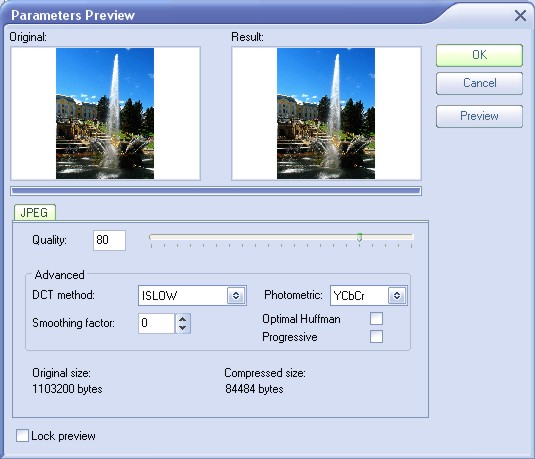
The images folder I had to work with had many subfolders. See Getting To Know Photoshop: Image Processor You can access the feature by clicking File > Scripts > Image Processor… menu from Photoshop. So I thought maybe what if I could automate Photoshop? Or what if Photoshop had some kind of API? So I googled around further and found that Photoshop has a built-in batch conversion feature. PIL is a popular image library for Python and it doesn’t support reading NEF files. I thought to write a Python script to do the job and googled around but there seemed to be no module for conversion. My task was to convert all NEF files to JPEG and discard the NEF files to save disk space. They were large in file size compared to JPEG files. Windows 7’s built-in file browser could not display the images for NEF files, but Photoshop could. The NEF files are a kind of raw image files taken right from some digital camera. I had a folder given to me and this folder had a lot of image files, some were in JPEG format, and some other were in NEF format.

The Amaze-demosaicing of the program alone eats 15 seconds.Recently I had to batch convert a bunch of raw image files to JPEG. The human fiddling alone should take some time )ģ6secs/picture is actually not bad compared to the performance of RawTherapee on my (Turion X2 元35) - CameraRaw is actually a bit faster on it too (edit: but somehow I like the RawTherapee-interface more).Įdit: Just for the statistics - in RawTherapee twiddling my standard knobs (white balance, more sharpening, adding denoising and curves) for a bad indoors-picture from my D90 nearly doubles processing time (from 30 to 54 seconds).

So converting will take a bit more time of your general cpus time. The whole point of converting your RAW on your computer is to fiddle a bit more with the parameters than available in your camera chip - which is specialized for converting fast and good.

You might speed up by using multiple cores (you tried: parallel execution, if supported by the program) and a lot of ram (your os does: caching the files). This won't be sped up significantly, regardless which program you use.


 0 kommentar(er)
0 kommentar(er)
